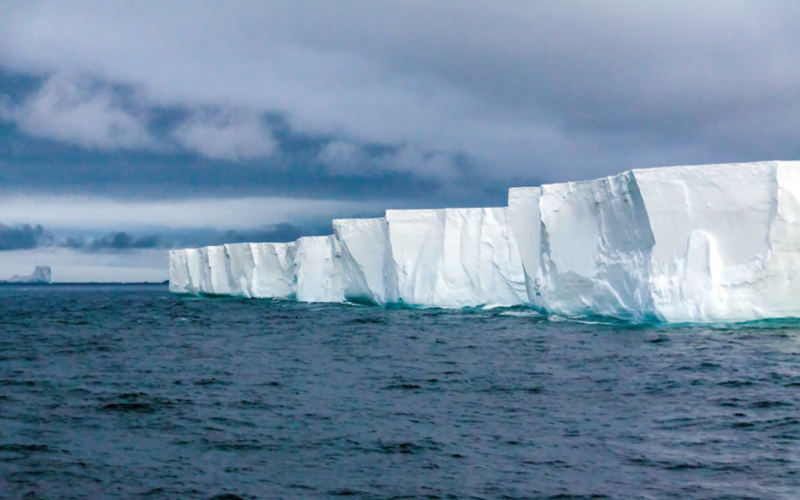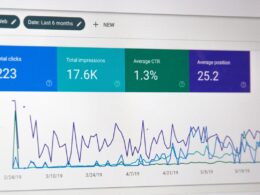The National Geographic Society announced on June 8 that the Southern Ocean has officially become the fifth ocean in the world. This will bring changes to the world map.
Washington, D.C. (Business Northeast) – June 8th is “World Oceans Day”, and this day will also be the anniversary of Southern Ocean. In the past, there were four oceans in the world: the Pacific Ocean, the Atlantic Ocean, the Indian Ocean, and the Arctic Ocean. Now that we have joined Southern Ocean, when people study geography in the future, they will discuss five oceans and seven continents.
The Southern Ocean is the focal point of the Southern Hemisphere, located at the confluence of the Pacific Ocean, the Atlantic Ocean, and the southernmost point of the Indian Ocean. It directly surrounds Antarctica, extending from the coastline of the mainland to 60 degrees south latitude, excluding the Drake Passage and the Scotia Sea. This is a major change in the world map.
According to the National Geographic Society, the seawater it brings is colder and less salty than that found in the northern part of the region. National Geographic said in the magazine that the ocean current is estimated to be 34 million years old, making the ecology of the Southern Ocean unique and providing habitats for thousands of species.
“The Southern Ocean has long been recognized by scientists, but because there was never agreement internationally, we never officially recognized it,” says National Geographic Society Geographer Alex Tait.
“We’ve always labeled it, but we labeled it slightly differently,” Tait says. “This change was taking the last step and saying we want to recognize it because of its ecological separation.”
The ocean occupies about 70% of the earth. From rain, weather conditions, climate system, food chain, and about half of the oxygen on the earth all come from the ocean. A healthy ocean supports the operation of the earth system, promotes biological health, natural growth, provides clean air, digests human pollution, and maintains a series of system services such as the sound of marine ecology.
Protecting the ocean is a huge project. Compared with “that sea area,” calling it the “Southern Ocean” is easier to raise the public’s awareness of conservation. No matter how the oceans and continents on the earth are divided into regions, we have only one earth. Resources are very limited, and everyone needs to pay attention to environmental issues to make the planet achieve sustainable survival.










